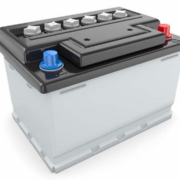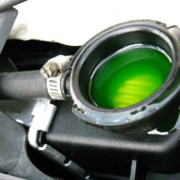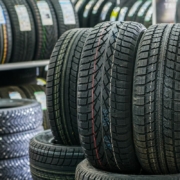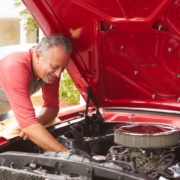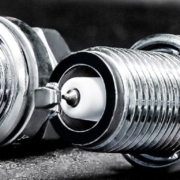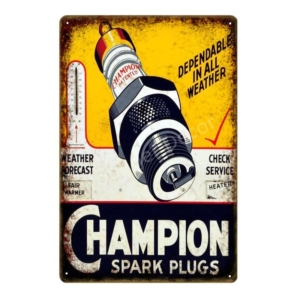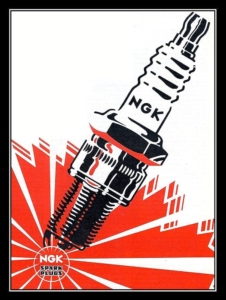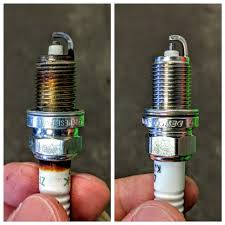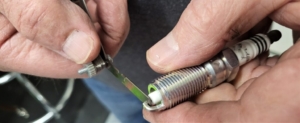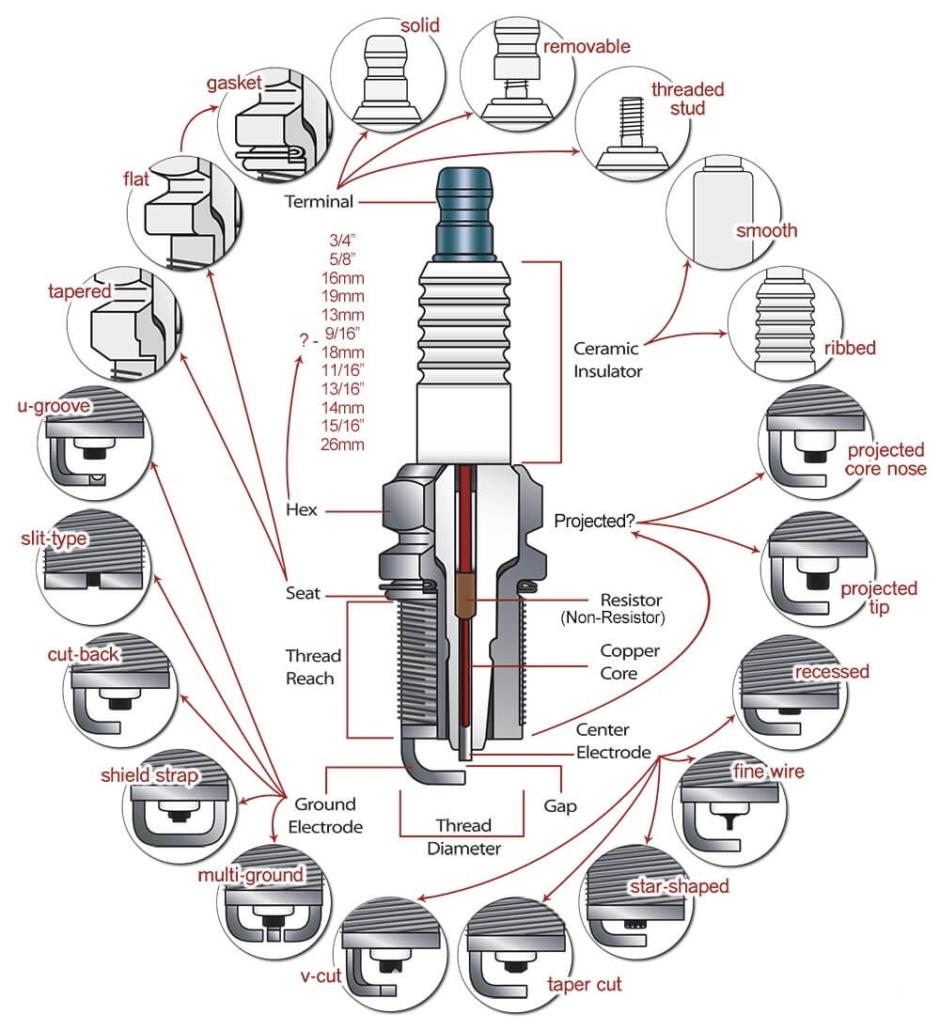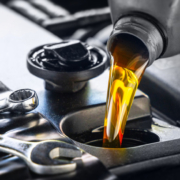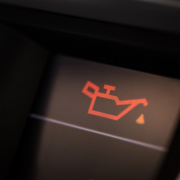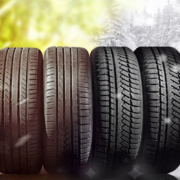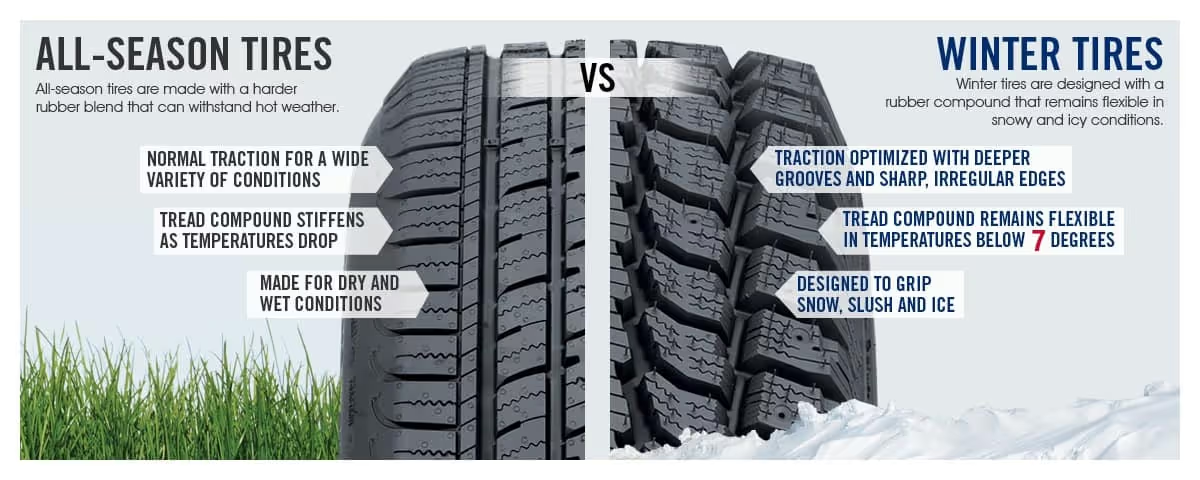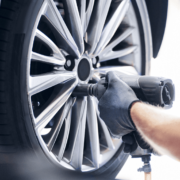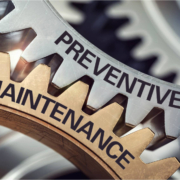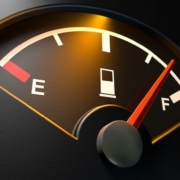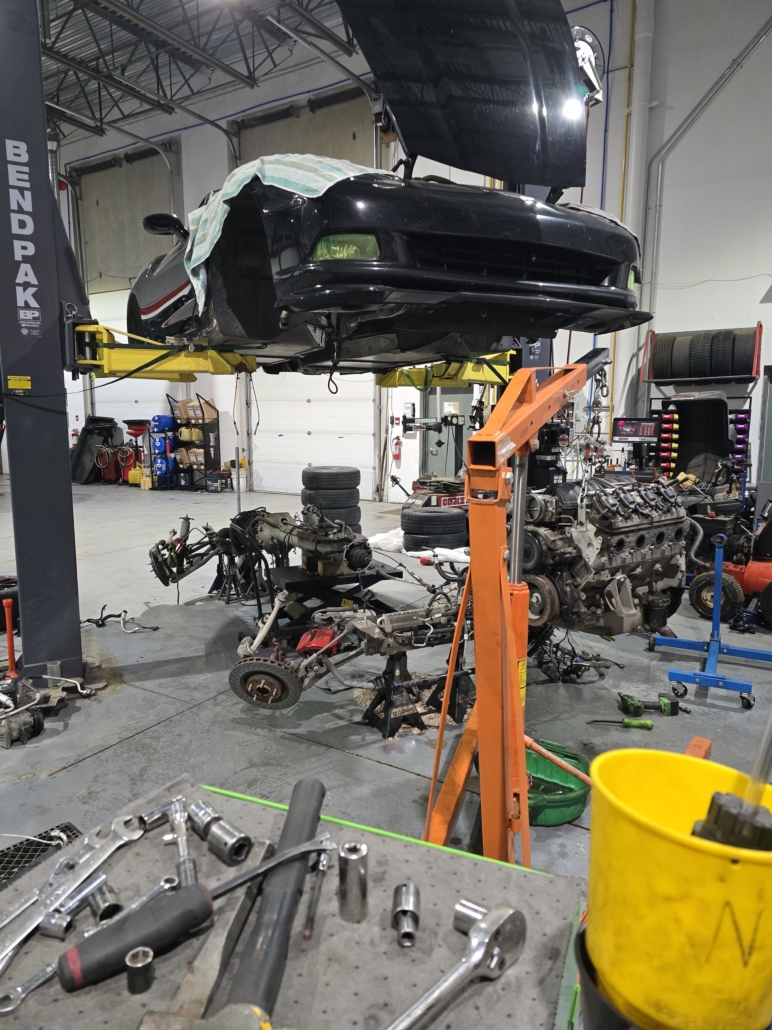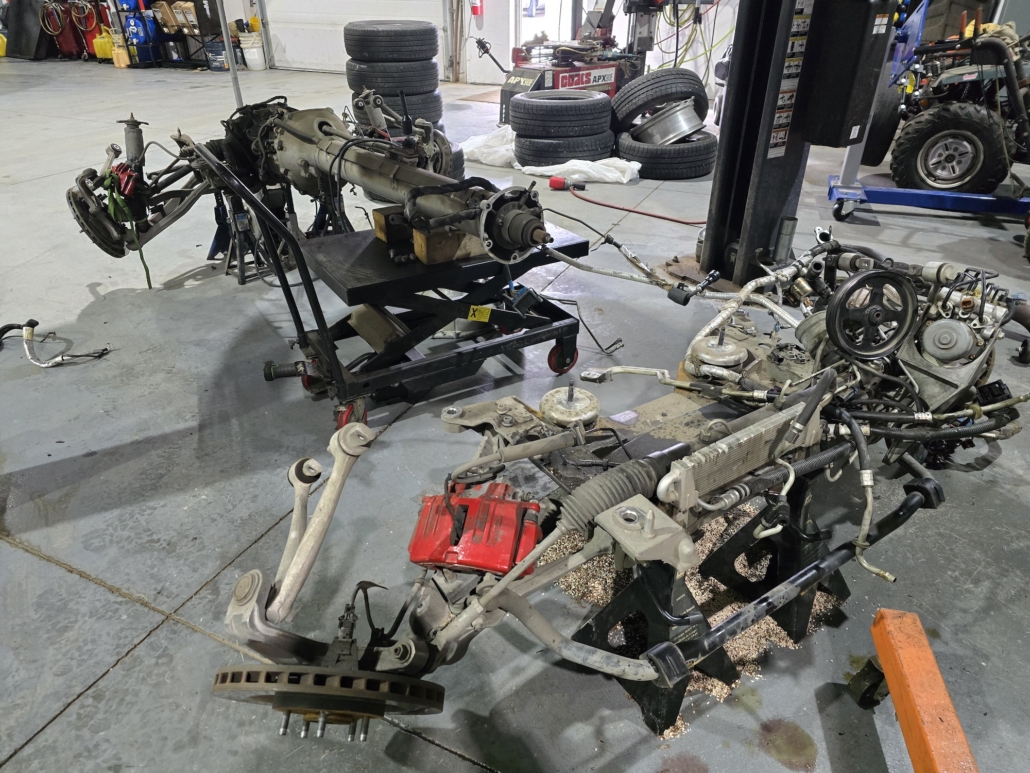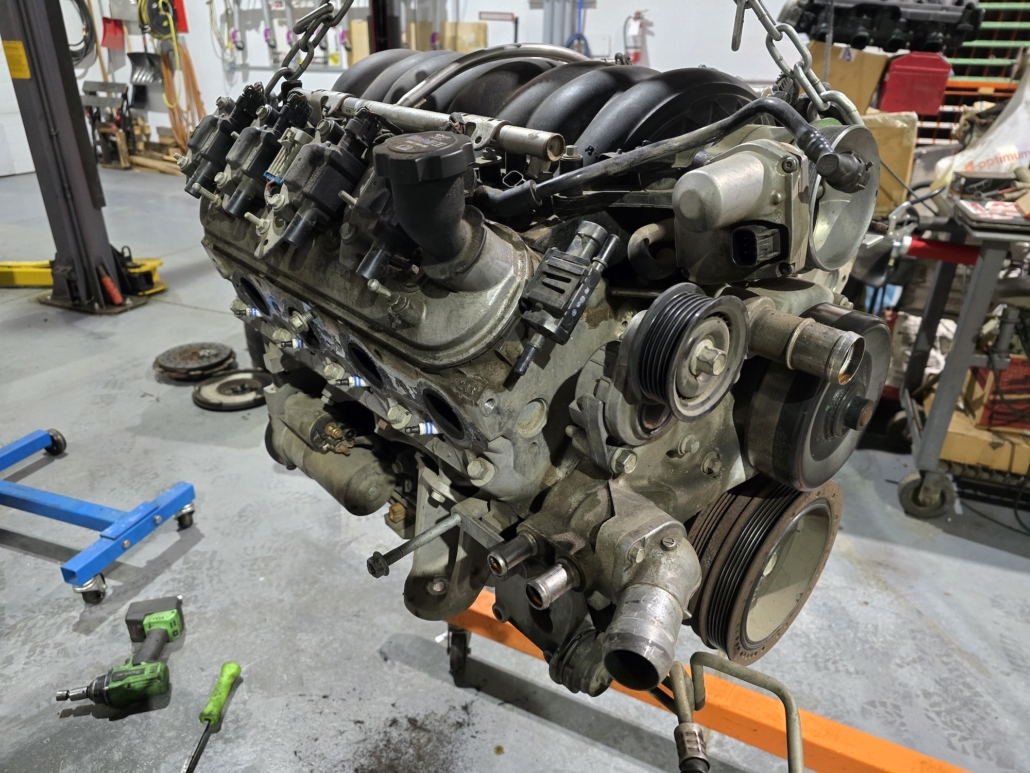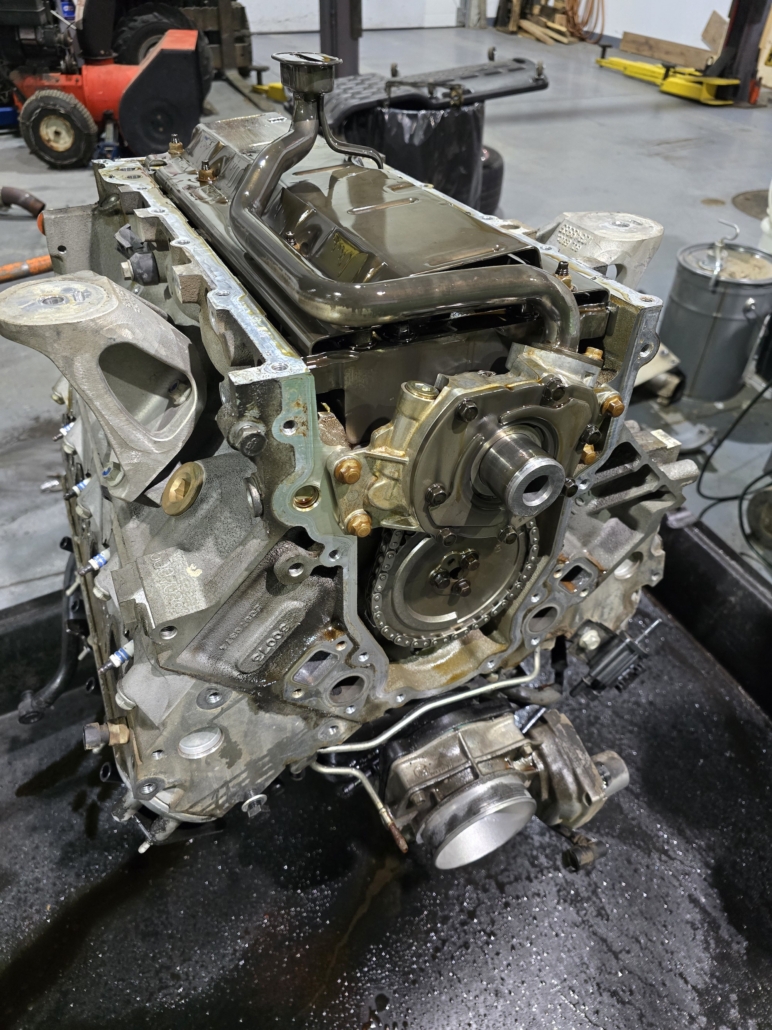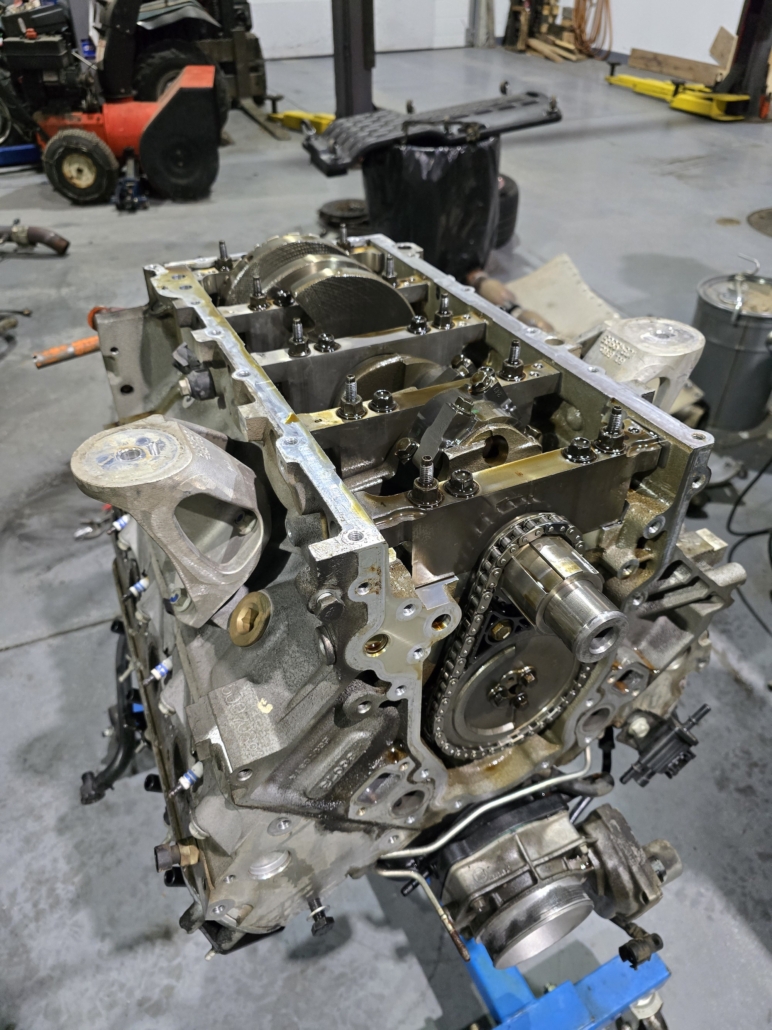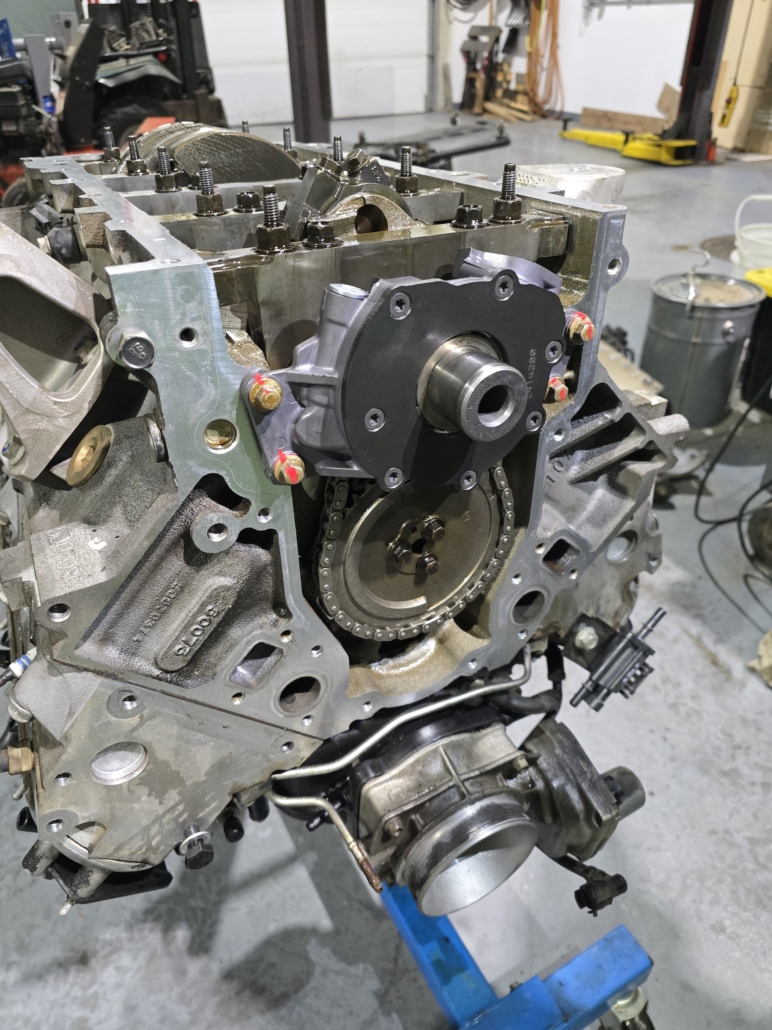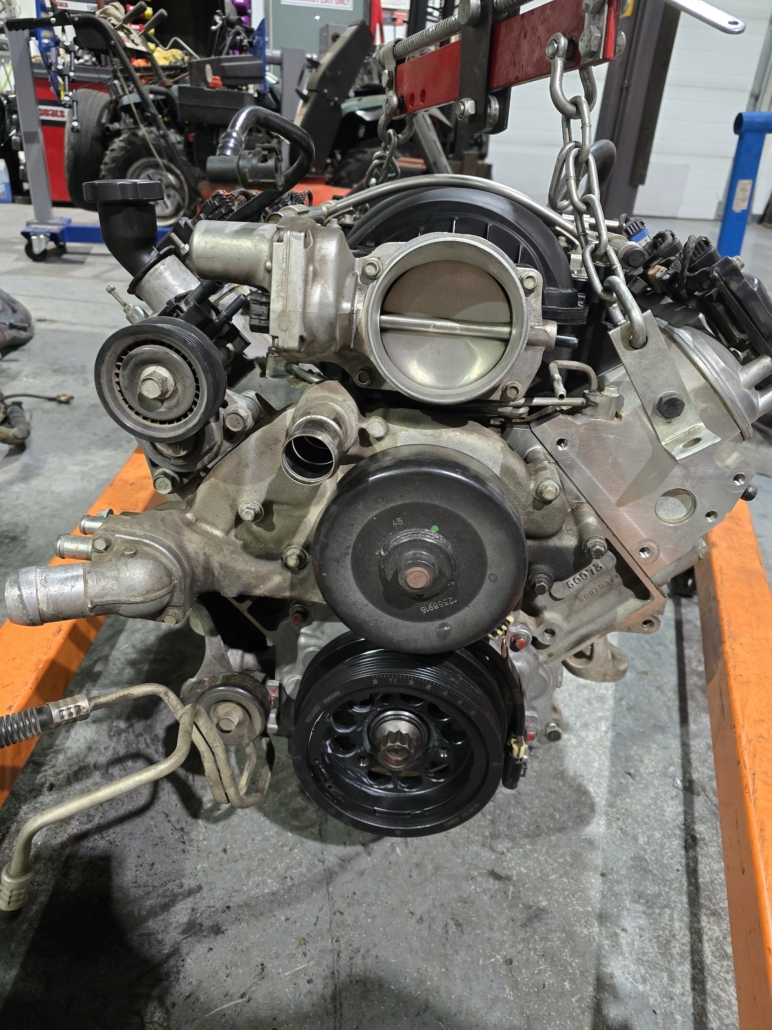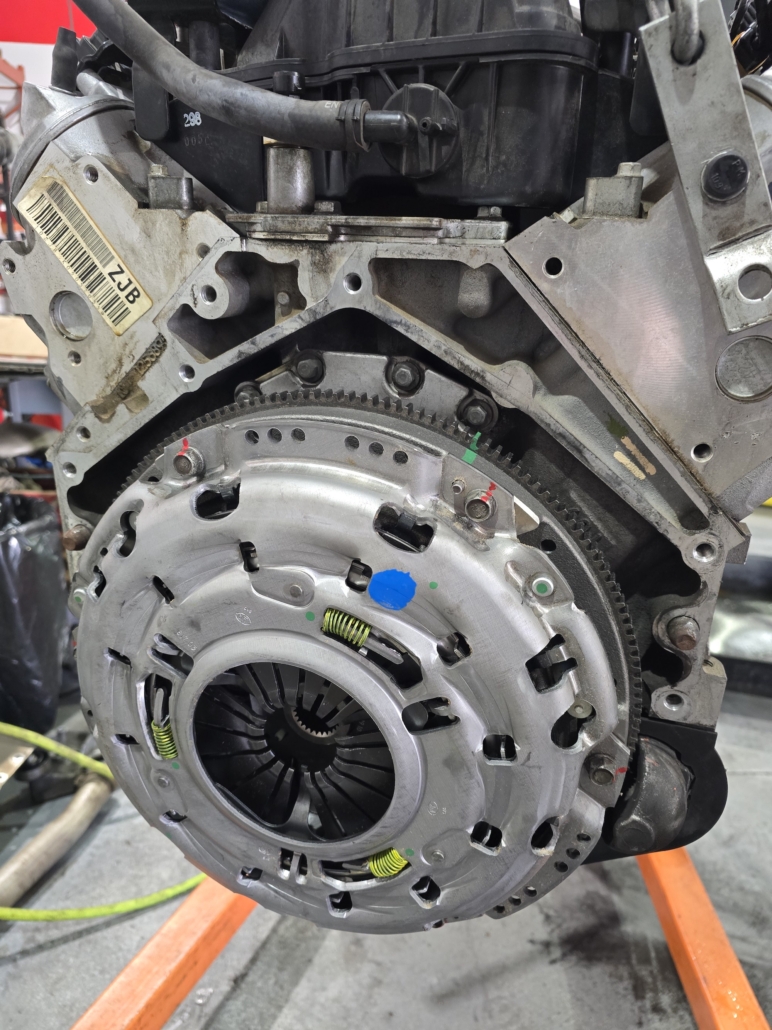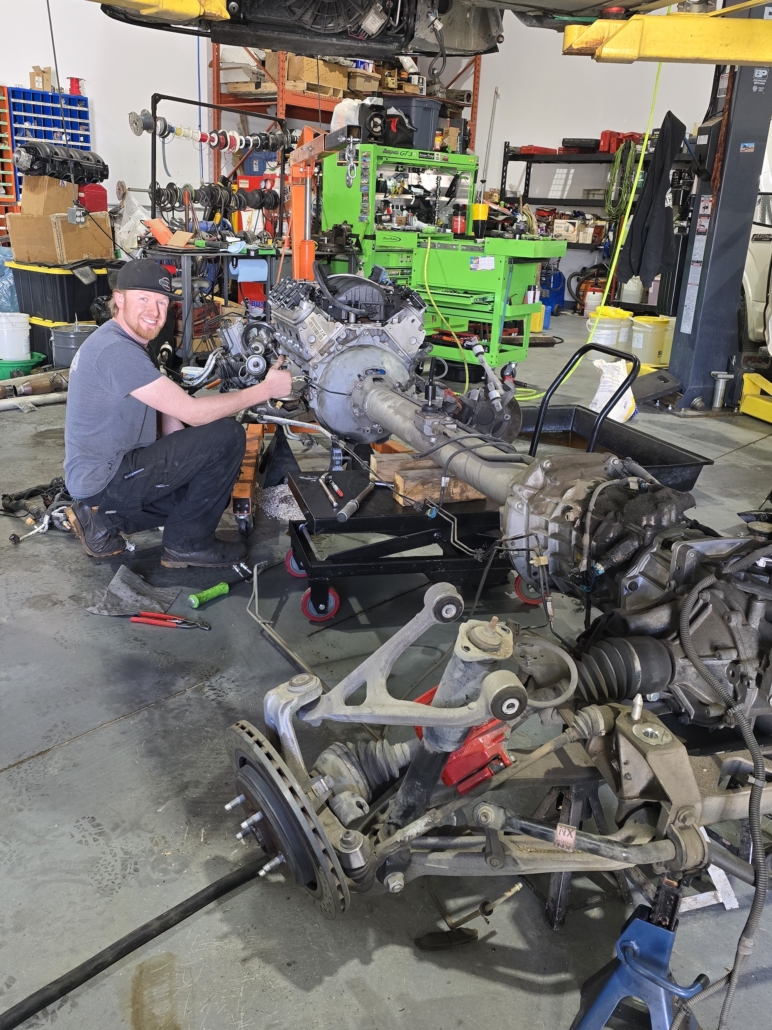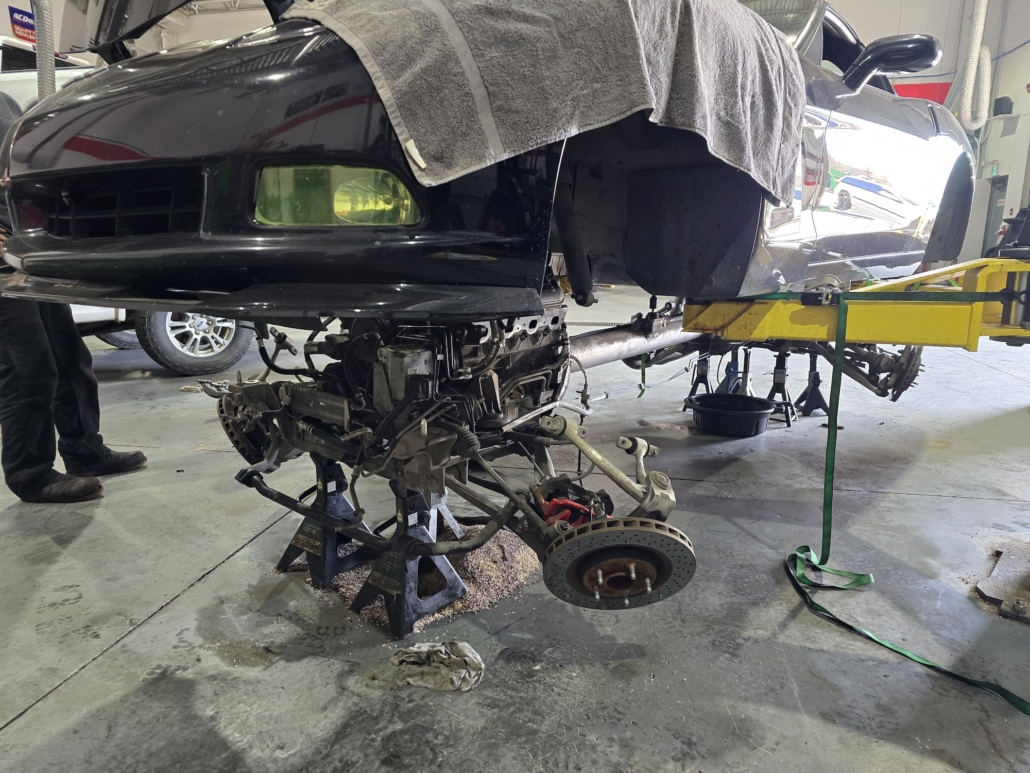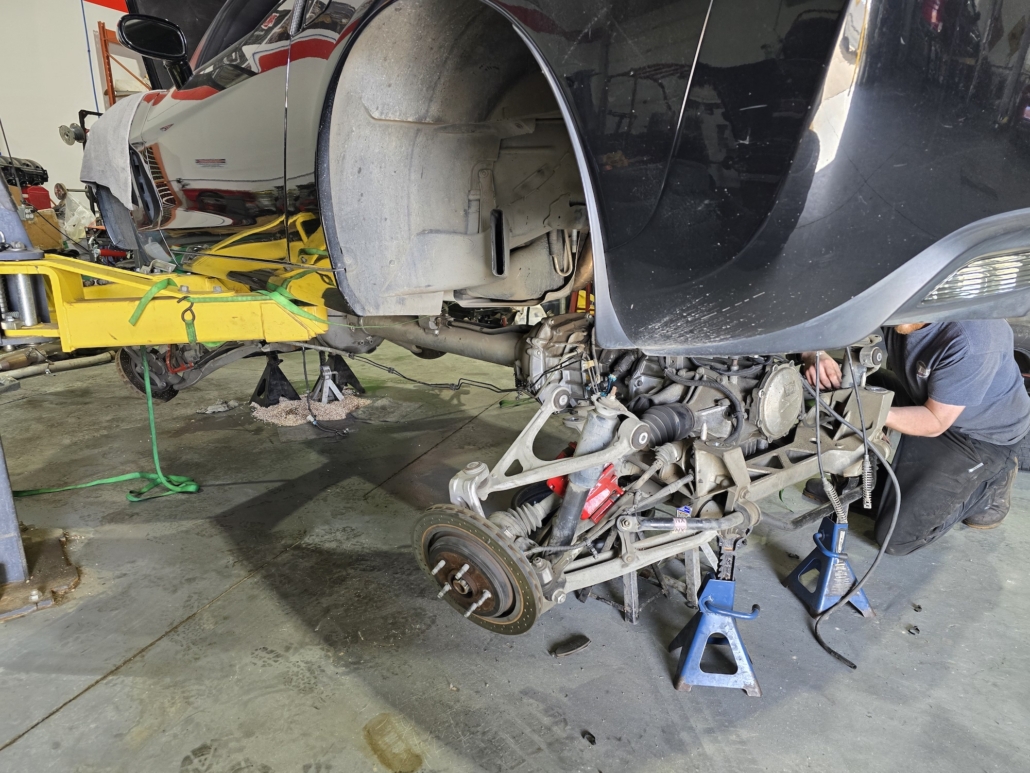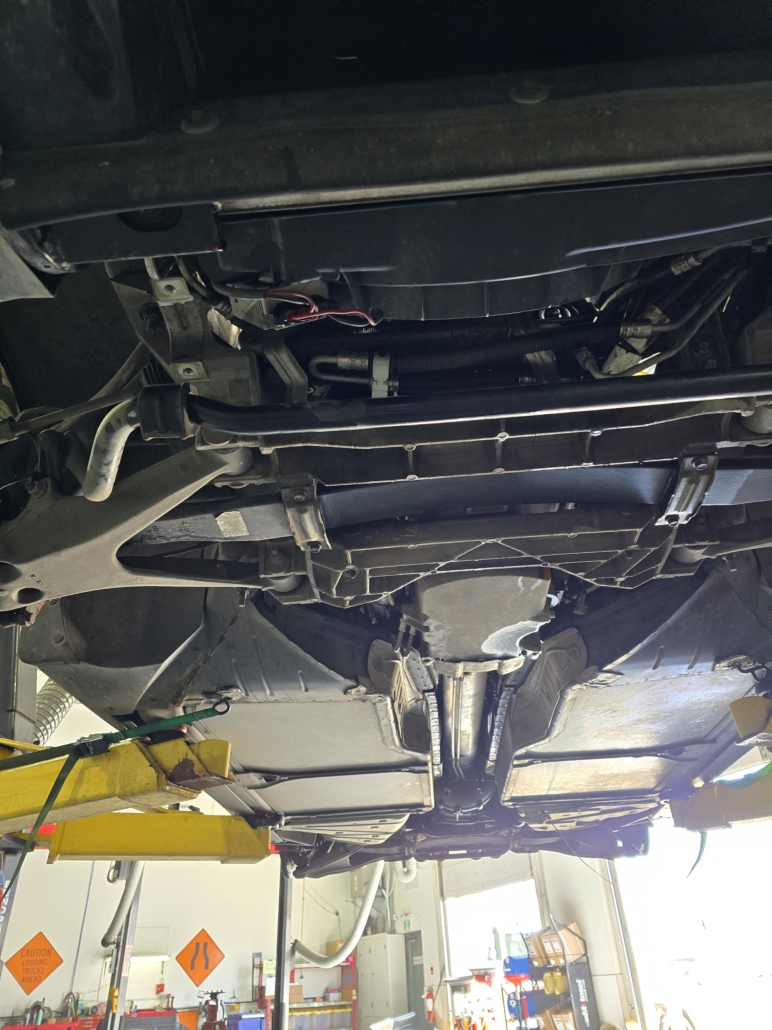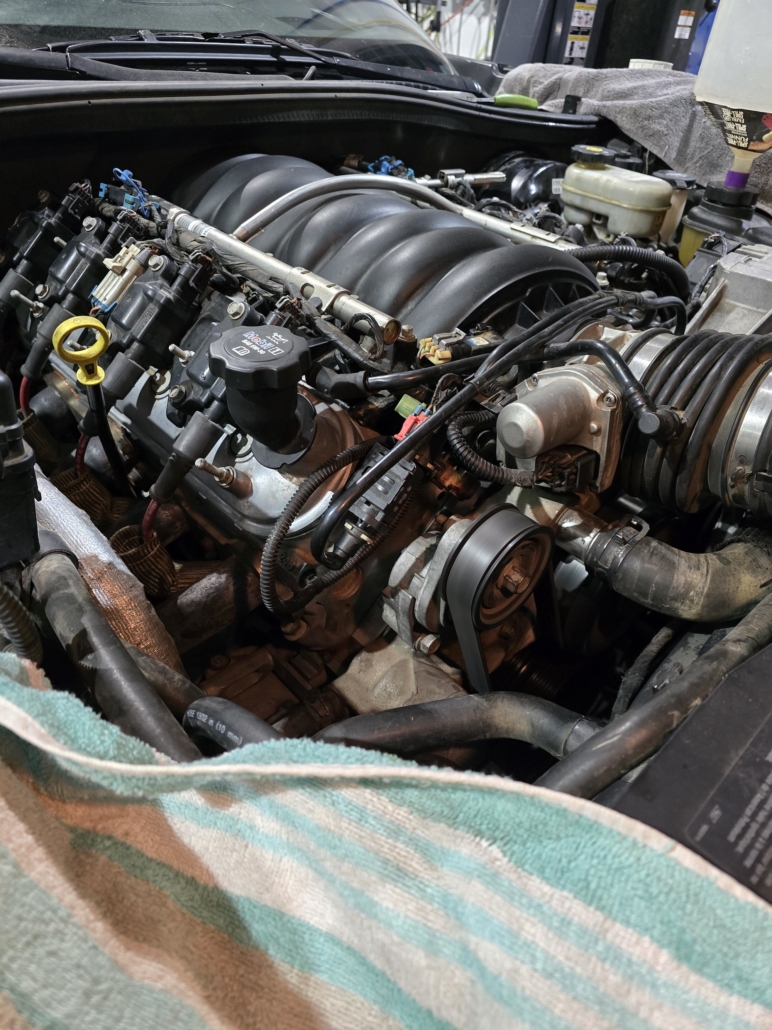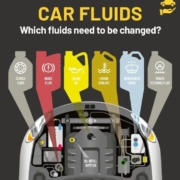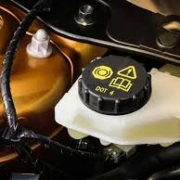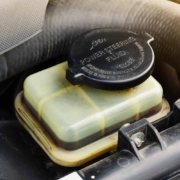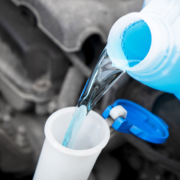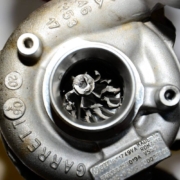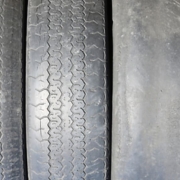Spring Maintenance Tips
Why You Should Check Your Steering, Suspension, Front End, and Brakes After Winter
As the snow melts and the roads clear, many drivers are eager to shake off the winter blues and hit the road. But before you get too comfortable behind the wheel, it’s crucial to give your vehicle a thorough inspection—especially the components that took a beating over the winter months.
Here’s why checking your steering, suspension, front end, and brakes should be at the top of your spring maintenance checklist.

Winter’s Impact on Vehicle Components
Cold weather, road salt, potholes, and icy conditions all contribute to significant wear and tear on your vehicle. While modern cars are built to withstand tough environments, winter driving can still cause hidden damage that affects your car’s safety and performance.
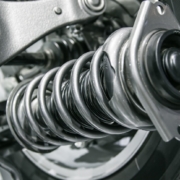
Steering and Suspension: Stability Matters
Your steering and suspension system controls how your car handles and how smooth your ride feels. But during winter:
Potholes can jar and damage suspension parts like struts, shocks, and control arms.
Cold temperatures can cause bushings and rubber components to stiffen or crack.
Salt and moisture lead to corrosion of metal parts and joints.
If you’ve noticed your car pulling to one side, a rougher ride, or unusual noises when turning, it’s time to have your steering and suspension inspected. A well-functioning suspension not only improves comfort but also ensures better tire contact with the road—critical for safe driving.
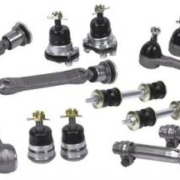
Front-End Components: Alignment and Wear
The front end of your vehicle includes crucial parts like tie rods, ball joints, and the wheel alignment system. Winter hazards like sliding into a curb or hitting hidden potholes can knock your alignment out of whack or damage these components.
Signs of front-end issues include:
Uneven tire wear
Vibrations in the steering wheel
Poor handling or responsiveness
Addressing these problems early can prevent premature tire wear and ensure optimal control and fuel efficiency.
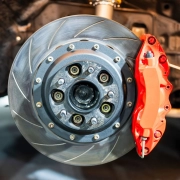
Brakes: Stopping Power is Non-Negotiable
Winter moisture and road salt accelerate brake system corrosion, especially on rotors and calipers. Plus, using the brakes more frequently in icy or stop-and-go conditions can wear them down faster than usual.
Don’t ignore these brake warning signs:
Squealing or grinding noises
A soft or spongy brake pedal
Increased stopping distance
A thorough brake check in the spring ensures your pads, rotors, and fluid levels are in top shape—critical for safety in any season.

Spring is the Perfect Time for a Fresh Start
Once winter’s over, many people think of cleaning out their homes or starting new routines. Your vehicle deserves the same attention. A professional inspection and maintenance service can catch small issues before they turn into costly repairs, extend your car’s life, and give you peace of mind for the warmer months ahead.

Final Thoughts
Don’t let winter’s wear and tear put your safety at risk. Checking your steering, suspension, front end, and brakes this spring isn’t just good maintenance—it’s essential for safe, smooth driving all year long. Schedule your inspection today and get back on the road with confidence.




